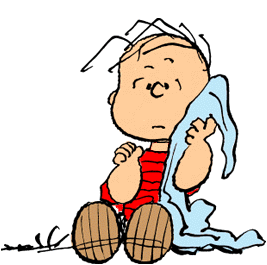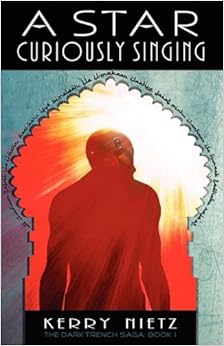 The Short:
The Short:
The Word Reclaimed
(The Face of the Deep,
Book 1)
By: Steve Rzasa
4/5 Stars
What: Amid a space wreck, the last known copy of a Bible is
discovered.
Recommended to those who like: Futuristic, dystopian, space
battles, Christian, Sci-fi.
Not recommended for those who dislike: Long books that take
a while to get going.
The Long:
The Word Reclaimed
made for a good read, albeit a long one that dragged a little at points. In it
we follow Baden, a young man who is part of the crew of the Natalia Zoja. He discovers a Bible
amidst a space wreck, but he and the crew are pursued relentlessly by Kesek,
the enforcement agency tasked with eliminating any religions that make claims
to exclusivity. When a mysterious man saves him from Kesek and claims to be a
follower of the Word, can he be trusted?
Meanwhile, court politics are in an uproar as the King seems
to be losing power rapidly to Kesek. Can a dedicated group of loyalists manage
to save the kingdom?
The plot is multilayered and deep, which makes for a
realistic, exciting read. However, it took me until about halfway through the
book to become really invested in the characters and get to know them well.
Bear with the first half, though, because the second half is action-packed and
everything falls into place. The story ended in a cliff-hanger and I look
forward to reading book two in the near future.
If you’ve read the book, feel free to share your thoughts
below. Please remember to be respectful of Mr. Rzasa and his work, as well as
other commentators. I also welcome comments on what you would like to see
included in the reviews. I reserve the right to remove vulgar, hateful, or rude
remarks from the comments. Thanks for sharing!









